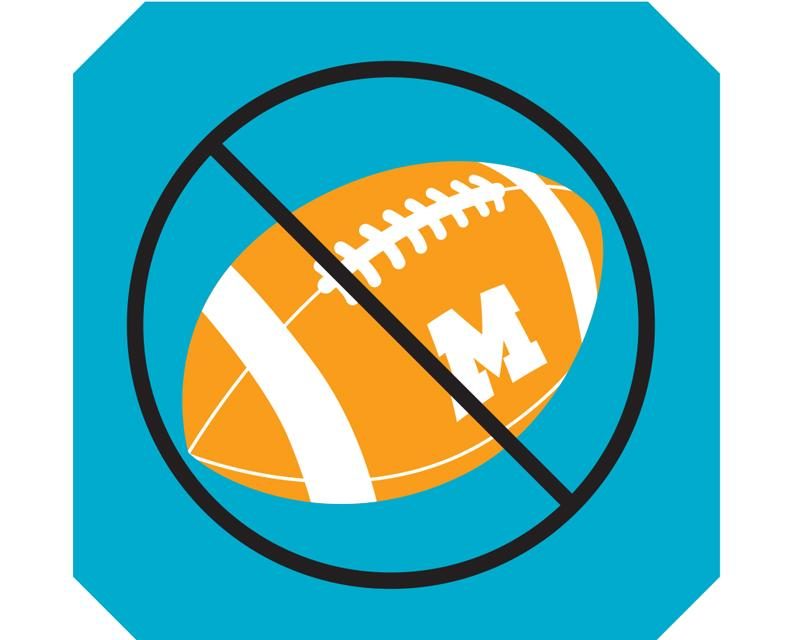In August, the Big Ten first announced an all-conference fall football schedule–then, less than a week later, abandoned fall sports entirely, disappointing players, coaches, and legions of fans.
While few young people have died of Covid-19, an article in the Journal of the American Medical Association found that more than half of those who tested positive for the virus suffered at least some myocardial inflammation. In an email to si.com, NCAA watchdog and litigator Tom Morris warned that any conference deciding to play football this fall “will be taking a ridiculously high risk” of being sued.
Though medically prudent after some teams saw infections flare, the price of canceling is high: Michigan’s athletic department faces an alarming loss of revenue. Even before Covid-19 struck, the department had projected an operating deficit of $26 million for fiscal 2021. Now it also stands to lose about $38 million in spectator revenue and seating licenses and $50 million in media rights.
The city, too, will suffer: the university estimates that every home game generates almost $12 million in local spending on everything from meals to parking. That’s $80-90 million that won’t be spent this year. The only glimmer of hope: if the pandemic lifts, the conference might try to reschedule football for next spring.


